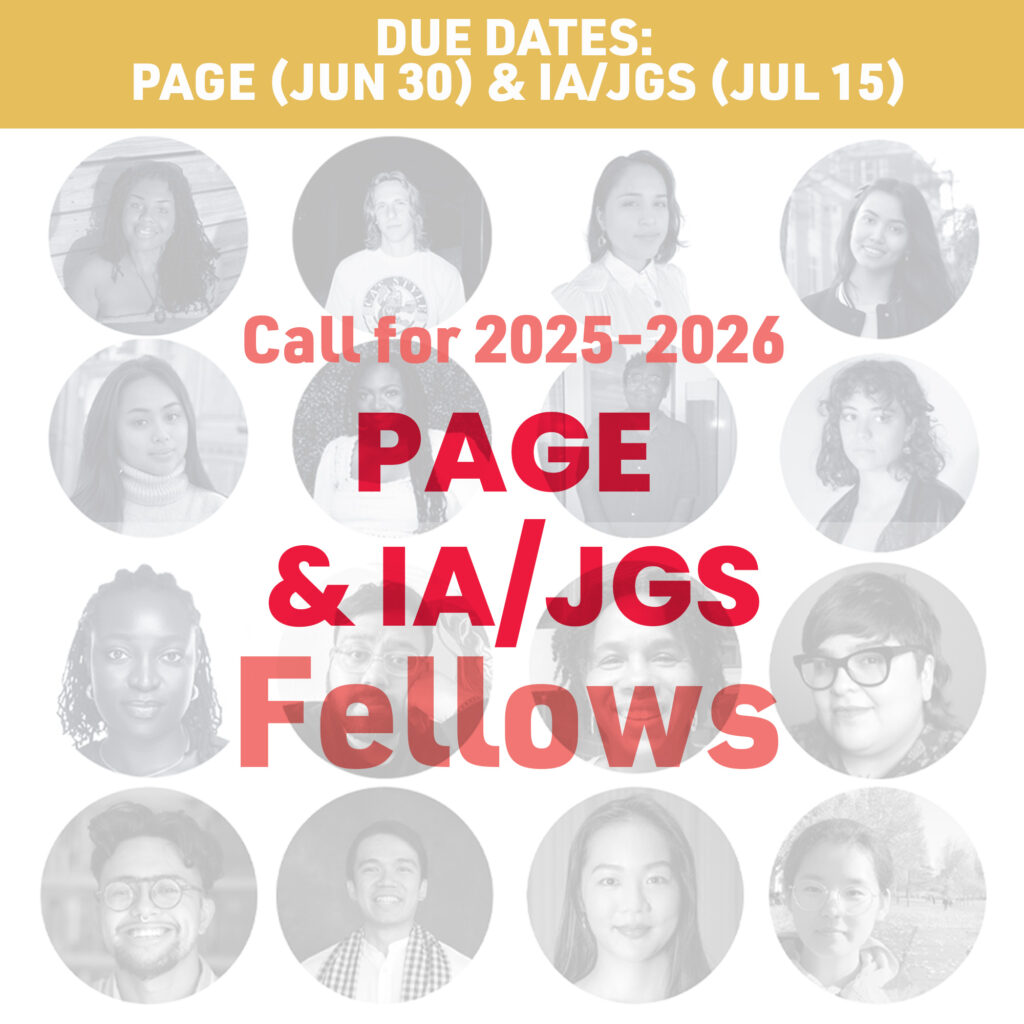Seasoning with Defiance: Cooking as Community Building
By Keitlyn Alcantara, Ph.D. candidate in Anthropology at Vanderbilt University, and a 2018-2019 Publicly Active Graduate Education (PAGE) Fellow. This PAGE Blog Salon explores themes of citizenship, intersectional activism, and public scholarship, important topics of the upcoming Imagining America national gathering, Oct. 19-21, 2018, in Chicago, Illinois.
When I watch the news, I see my community crumble: I.C.E. raids, detained children, heartbroken families with trauma that will take generations to heal. So much death.
I watch, and I feel powerless.
So, I cook breakfast. I dice onions and bright red tomatoes, carefully adding them to the oil in the pan. I tap crimson paprika and yellow curry powder into a bowl full of eggs, ready to be scrambled. I mix this rainbow of ingredients, breathing in memories of summers at my tías house in Mexico and the endless parade of milanesas, tortas, tamales – my distended stomach evidence of love and care and belonging. Slowly I re-center, steeling myself to face a country that wants to leach all the color out of me and the communities that made me. Through food, I reclaim my power.
Political policies that attack and weaken threats to hegemony aren’t a new invention. As a bioarchaeologist, I study ancient human skeletons from Tlaxcallan, one of the only populations to successfully resist the Aztec Empire in Mexico (AD 1325-1519). Choked by a ring of strategically placed imperial allies, Tlaxcallan fielded constant military skirmishes. Imperial conquest often leaves enemy bodies riddled with markers of increased stress, physiological vulnerability, and deadly violence. Yet at Tlaxcallan I saw none of this. How did they protect themselves from the chaos of political assault? Looking closer at the isotopes of the consumed foods captured in the structures of their bones, I found that one of those tools of resistance may have been cooking. In spite of economic blockades, Tlaxcaltecans creatively found ways to meet nutritional requirements by sharing local resources, perhaps in a way similar to modern-day neighborhood fiestas that serve to strengthened community bonds, and create a shared identity and sense of belonging.
I was born in Mexico but grew up in the United States- a bicultural kid for whom the feeling of belonging was always just out of reach. When I arrived in Nashville to begin graduate school, I searched for community by volunteering. Working with Nashville After Zone Alliance (an after-school youth support program) and Conexión Américas (a Latinx community organization), I saw my own childhood experiences of insecurity reflected in the Latinx Middle School students that I interacted with. In 2017, as the current political crisis brought the idea of “belonging” under constant threat, I became a Public Scholar at the Vanderbilt Curb Center, tasked with linking my dissertation research to modern issues. I turned to food, starting Sazón Nashville. Cooking side by side to make tortillas and tamales, I developed workshops that brought together graduate students from Vanderbilt, immigrant community members, and public-school students. Preparing and sharing a meal together sparked novel conversations about homelands, feelings of belonging, and the comfort of tradition. While the original goal of the program was to empower students, the adults (myself included) were often humbled by the ways these interactions also alleviated our own stresses, such as political disenchantment, or frustration with the isolation of graduate school.
For us, food became a message of resistance, a way for us to take care of one another, and to empower one another to keep fighting in a world that wants us to quit.






